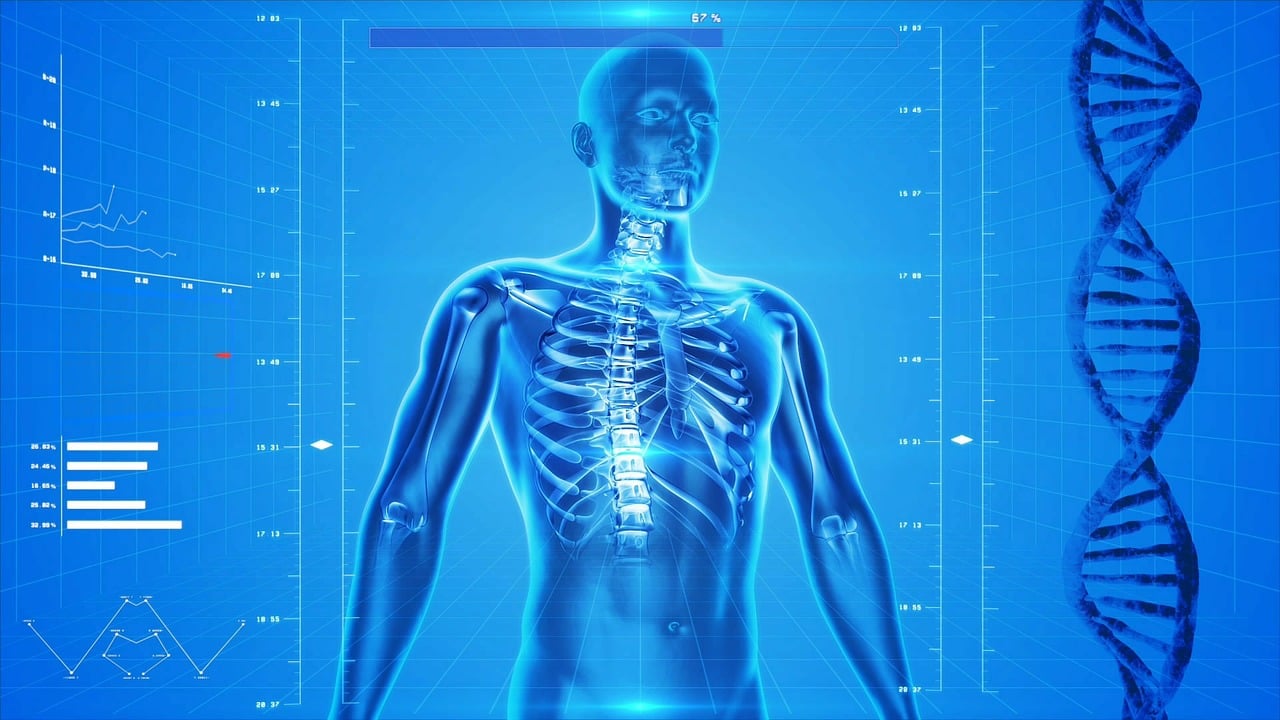Are you a woman and concerned about your health? You’re not alone. Many women experience a wide range of health problems, some of which they may not even be aware of. In this blog post, we’ll discuss 6 of the most common health issues women experience, providing tips on how to manage them. From digestive issues to depression, many women face unique health challenges that can be both uncomfortable and difficult to manage. Read on to learn more about these 7 health problems and how to deal with them.
1. Anxiety
Anxiety is one of the most common health problems faced by women today. Symptoms of anxiety can range from mild to severe, and may include feelings of fear, worry, restlessness, and a sense of impending doom. Other symptoms can include difficulty concentrating, sleep disturbances, panic attacks, and physical symptoms like sweating, trembling, and increased heart rate. Anxiety can be caused by a variety of factors such as genetics, lifestyle choices, and environmental triggers. If left untreated, anxiety can lead to further complications like depression and substance abuse. Treatment for anxiety may include medication, psychotherapy, or lifestyle changes such as regular exercise, relaxation techniques, and support groups. It is important to speak to your doctor if you are experiencing any signs or symptoms of anxiety.
2.Depression
Depression is one of the most common mental health issues faced by women, yet it is often misunderstood or overlooked. It can affect any woman at any age and can have serious consequences for her physical, emotional and social well-being.
The signs of depression vary from person to person, but some of the most common symptoms include feeling sad, empty or hopeless; Decreased energy and motivation; difficulty sleeping; loss of interest in activities once enjoyed; difficulty concentrating; and a decrease in self-esteem. If left untreated, depression can lead to more serious problems such as suicide or substance abuse.
It is important for women to recognize the signs of depression and seek help if they are affected. Treatment options may include counseling, medication, and lifestyle changes such as exercising regularly and eating a healthy diet. Talking to friends and family can also be helpful in understanding and dealing with depression. Remember that you are not alone and that help is available.
3.Endometriosis
Endometriosis is a common gynecological condition that affects approximately 1 in 10 women of reproductive age. It occurs when the endometrium, the tissue that normally lines the inside of the uterus, grows outside of the uterus. This tissue can grow on the ovaries, Fallopian tubes, bladder, and bowel.
The primary symptom of endometriosis is pelvic pain that is often worse during menstruation. Other symptoms may include: abdominal pain and cramps, back pain, painful urination or bowel movements during menstruation, spotting between periods, difficulty conceiving, fatigue, and nausea.
The cause of endometriosis is unknown, however, some theories suggest it is due to retrograde menstruation (when menstrual blood flows backward instead of out of the body), genetic factors, immune system issues, and environmental factors.
Treatment for endometriosis typically involves medication, such as oral contraceptives and hormone therapy, as well as surgery to remove the endometrial tissue. Additionally, lifestyle changes such as exercise and stress reduction can help reduce the severity of symptoms. Endometriosis is a chronic condition that often requires long-term management.
4.Autoimmune Diseases
There is no known cure for autoimmune diseases, however treatment may help to manage symptoms and improve quality of life. Treatment typically involves medications, such as nonsteroidal anti-inflammatory drugs (NSAIDs) to reduce inflammation and pain, immunosuppressants to suppress the immune system, and biologic agents to help control inflammation. In some cases, lifestyle changes such as stress reduction, diet modification and exercise can also help in the management of symptoms.


